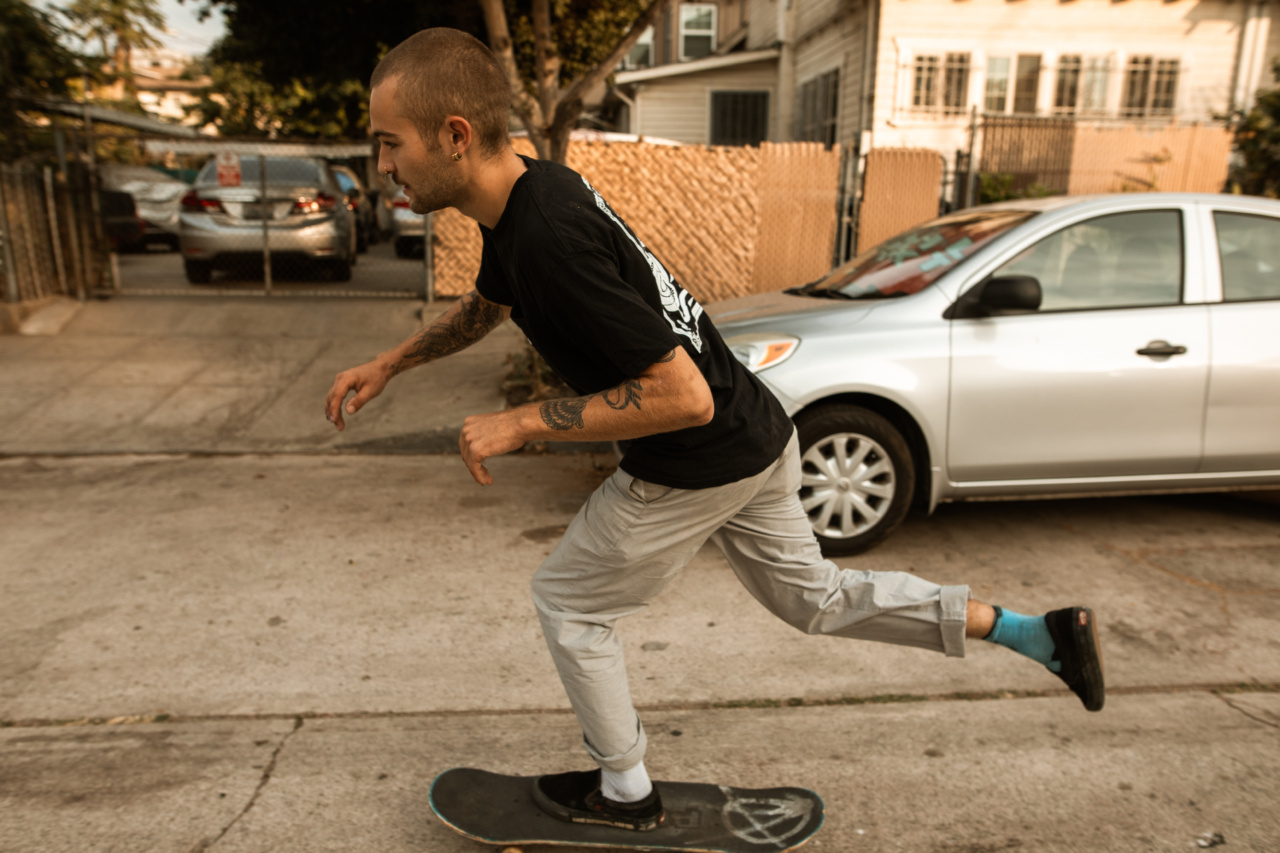Insomnia is a common sleep disorder that affects millions of people worldwide. It can be caused by various factors such as stress, anxiety, medical conditions, or medication side effects.
Lack of quality sleep can have severe consequences on overall health, mental well-being, and daily functioning. While conventional treatments like medication and therapy are commonly used, exercise has emerged as a potential alternative therapy for insomnia.
This article explores the benefits of exercise in improving sleep quality and provides useful tips for incorporating exercise into a sleep routine.
The Science Behind Exercise and Sleep
Regular physical activity has been found to have numerous benefits for physical and mental health.
Studies have shown that engaging in exercise can significantly improve sleep quality, reduce the time it takes to fall asleep, and decrease the frequency of awakenings during the night. Exercise promotes the release of endorphins, which are natural chemicals in the brain that help reduce stress and improve mood. These endorphins can also induce relaxation and enhance the body’s natural sleep-wake cycle.
Additionally, exercise increases body temperature, and the subsequent drop in temperature after exercise can signal the body to prepare for sleep. This temperature regulation effect can make it easier to fall asleep and stay asleep throughout the night.
Exercise also helps to regulate hormones, such as cortisol and melatonin, which play crucial roles in sleep regulation. Cortisol, the stress hormone, is reduced through exercise, while melatonin, the hormone that controls sleep cycles, is increased, leading to better sleep patterns.
The Best Types of Exercise for Improving Sleep
While any form of physical activity can have positive effects on sleep, certain exercises may be more beneficial than others. Here are some types of exercise that can help improve sleep:.
1. Aerobic Exercise
Aerobic exercises like walking, jogging, cycling, swimming, or dancing increase the heart rate and improve cardiovascular health. These activities have been shown to have a positive impact on sleep quality and can reduce symptoms of insomnia.
2. Yoga
Yoga combines physical postures, breathing exercises, and meditation techniques, making it an excellent choice for improving sleep. The mindfulness and relaxation aspects of yoga can help reduce stress and create a calm state of mind before bedtime.
3. Strength Training
Strength training exercises, such as weightlifting or resistance training, can help improve sleep quality and duration. These exercises promote muscle growth, enhance overall physical strength, and contribute to a more restful night’s sleep.
4. Tai Chi
Tai Chi is a gentle form of exercise that involves slow, flowing movements and deep breathing. Its meditative nature and focus on relaxation can promote better sleep and help manage insomnia symptoms.
Tips for Incorporating Exercise into Your Sleep Routine
Here are some tips to help you effectively incorporate exercise into your daily sleep routine:.
1. Time Your Exercise
Avoid vigorous exercise too close to bedtime, as it can stimulate the body and make it difficult to fall asleep. Aim to finish your workout at least a few hours before bedtime to allow your body and mind to relax.
Gentle stretching or calming yoga poses can be performed closer to bedtime to promote relaxation.
2. Be Consistent
Consistency is key when it comes to reaping the benefits of exercise for sleep. Aim for at least 150 minutes of moderate-intensity aerobic exercise or 75 minutes of vigorous-intensity exercise per week, along with two or more days of strength training.
Establishing a regular exercise routine will help regulate your sleep-wake cycle.
3. Listen to Your Body
Pay attention to your body’s signals and adjust the intensity and duration of your exercise accordingly. Pushing yourself too hard or ignoring pain and fatigue can have adverse effects on sleep.
Find a balance that works for you and gradually increase the intensity and duration of your workouts over time.
4. Create a Relaxing Bedtime Routine
Combine exercise with other relaxing activities to create a bedtime routine that signals your body and mind that it’s time to wind down.
Incorporate activities like reading, taking a warm bath or shower, practicing relaxation techniques, or listening to calming music to prepare your body for a restful sleep.
Conclusion
Exercise can serve as an effective alternative therapy for insomnia by promoting better sleep quality and reducing the symptoms of sleep disorders.
Regular physical activity has numerous benefits for overall physical and mental health, and its positive impact on sleep cannot be overlooked. Incorporating exercise into your sleep routine, along with other healthy sleep habits, can significantly improve your quality of sleep and overall well-being.































